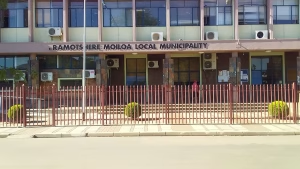
The Western Cape government’s decision to close several minibus taxi routes and ranks in Khayelitsha, Mfuleni, Lwandle, Nomzamo, and Somerset West is not popular, but it is necessary. After weeks of deadly clashes between rival associations Cata and Codeta, leaving at least seven people dead, decisive action was required to protect commuters, drivers, and the broader community. The reality is harsh: sometimes safety demands tough measures.
Thousands of residents rely on these routes daily, but the escalation of violence had reached a point where lives were at serious risk. Previous negotiations between the associations failed, and the law allows the government to invoke Section 91 of the National Land Transport Act to take extraordinary steps in situations of unrest. Closing routes temporarily gives authorities breathing space to restore calm, enforce law and order, and prevent further bloodshed.
Critics argue that commuters will be inconvenienced, but the alternative — ignoring the violence — would have put more people in harm’s way. Authorities have already put alternative transport arrangements in place, with Golden Arrow buses and Metrorail trains providing additional capacity. Visible policing at ranks and along affected routes will further ensure safety.
This decision also sends a clear message to taxi operators: violence cannot be used as a tool to resolve disputes. By stepping in decisively, the government is upholding the law, protecting lives, and creating conditions for a long-term resolution. Sometimes the hard choices are the right ones, and in this case, closing the routes was not only justified, it was essential.






